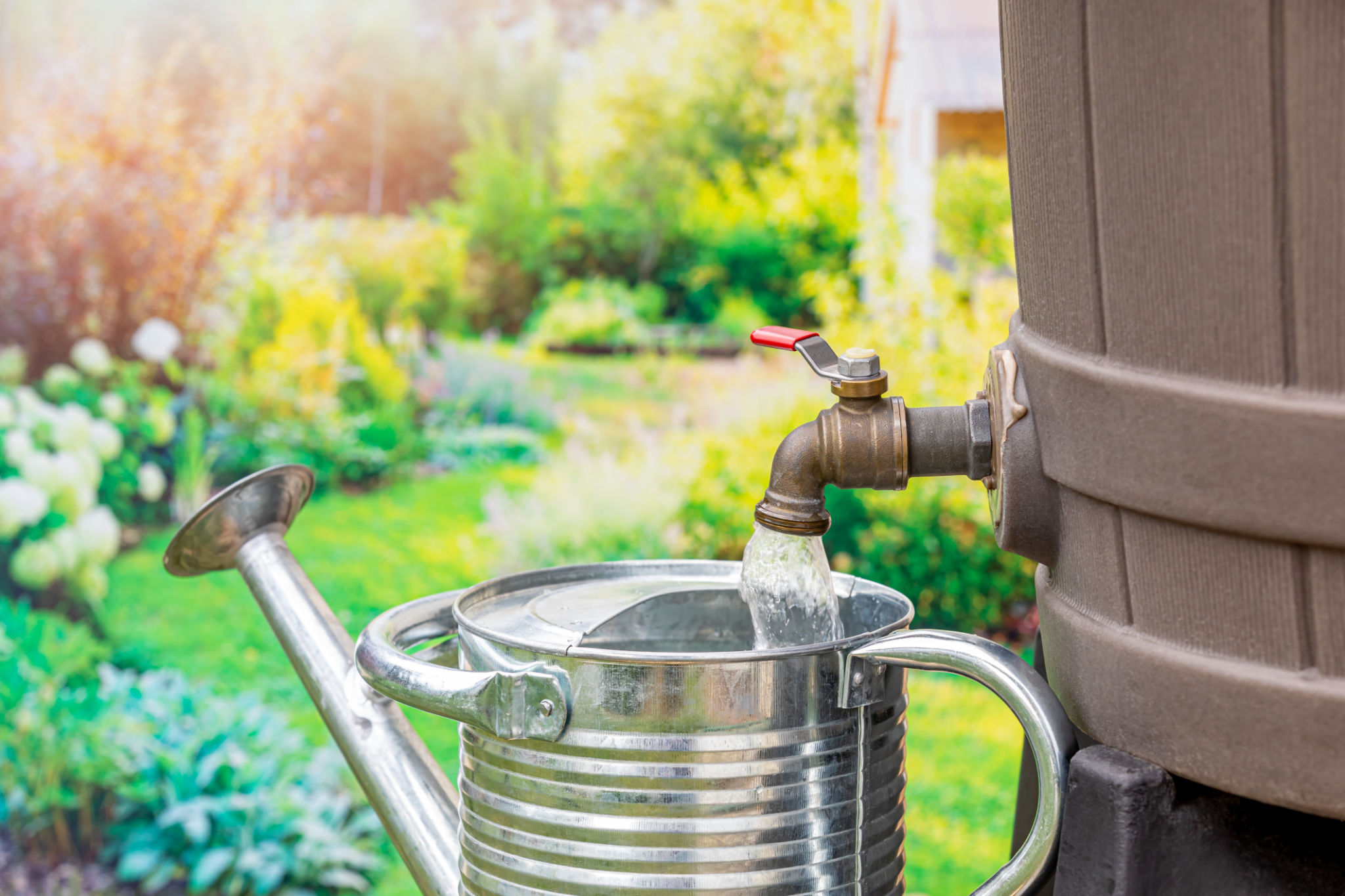Expert Tips for Sustainable Landscaping in Central Florida
Understanding the Climate and Soil
Central Florida's unique climate and soil conditions play a significant role in landscaping decisions. With its subtropical climate, the area experiences high humidity, heavy rainfall, and mild winters. These factors make it essential for any sustainable landscaping efforts to focus on water conservation and soil management.
The sandy soil in Central Florida can pose challenges for plant growth as it often lacks essential nutrients and has poor water retention. Therefore, selecting plants that are naturally suited to these conditions is crucial. Native plants are typically more drought-resistant and require less fertilizer, making them an excellent choice for sustainable landscaping.

Choosing Native Plants
One of the most effective ways to create a sustainable landscape is by choosing native plants. These plants are already adapted to local climate conditions, which means they require less water and maintenance. By reducing the need for irrigation and chemical fertilizers, native plants help conserve resources and promote a healthier ecosystem.
Consider incorporating species such as the Coontie, Southern Magnolia, or the Florida Anise into your landscape. These plants not only thrive in the local environment but also provide habitat for native wildlife, contributing to the biodiversity of your garden.
Water Conservation Strategies
With frequent rainstorms but also periods of drought, water conservation is a priority in Central Florida landscaping. Implementing efficient irrigation systems such as drip irrigation can significantly reduce water usage by delivering moisture directly to the plant roots.
Another effective strategy is to use rain barrels to capture and store rainwater for irrigation. This not only conserves water but also helps reduce runoff during heavy rains, which can lead to erosion and nutrient loss in your garden.

Soil Health and Composting
Improving soil health is essential for sustainable landscaping. Adding organic matter such as compost can enhance soil fertility and structure, providing a better growing environment for plants. Composting is an excellent way to recycle yard waste and kitchen scraps into valuable nutrients for your garden.
Regularly testing your soil can also help you understand its nutrient levels and pH, allowing you to make informed decisions about fertilization and amendment needs. By maintaining healthy soil, you support plant growth while minimizing the need for chemical inputs.
Incorporating Eco-Friendly Practices
Sustainable landscaping involves more than just choosing the right plants and conserving water. It also means incorporating eco-friendly practices into your gardening routine. For instance, using organic mulch can suppress weeds, retain soil moisture, and add nutrients back into the soil as it breaks down.
Reducing or eliminating the use of synthetic pesticides and fertilizers can also make your garden more environmentally friendly. Instead, consider using natural pest control methods such as introducing beneficial insects or using neem oil sprays to manage pest populations.

Creating Wildlife Habitats
A sustainable landscape in Central Florida should also include elements that support local wildlife. Planting a variety of flowering plants can attract pollinators like bees and butterflies, which are crucial for maintaining biodiversity.
Providing bird feeders, bird baths, or nesting boxes can attract birds that help with pest control by feeding on insects. Creating a small pond or water feature can also support amphibians and other wildlife, adding both beauty and ecological value to your landscape.
Maintaining Your Sustainable Landscape
Regular maintenance is key to ensuring the longevity and sustainability of your landscape. This includes pruning plants to promote healthy growth, mulching to retain moisture, and monitoring for pests or diseases.
By staying informed about new sustainable practices and adapting them as needed, you can keep your landscape thriving while minimizing its environmental impact. Remember that sustainable landscaping is an ongoing process that evolves with changing conditions and new knowledge.
Embracing a Sustainable Future
By adopting these expert tips for sustainable landscaping in Central Florida, you contribute to a healthier environment and create a beautiful, resilient outdoor space. Sustainability is not just about preserving resources; it’s about enhancing the natural beauty of our surroundings while supporting local ecosystems.
Whether you're starting from scratch or looking to improve an existing landscape, every step towards sustainability makes a difference. Embrace these practices and enjoy the rewards of a flourishing garden that respects and nurtures the environment.
